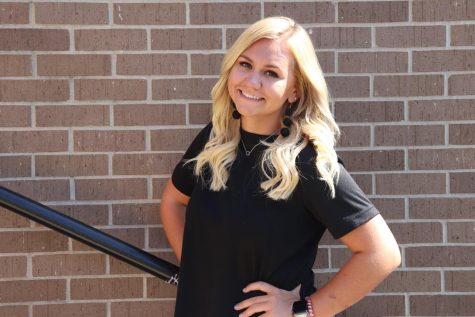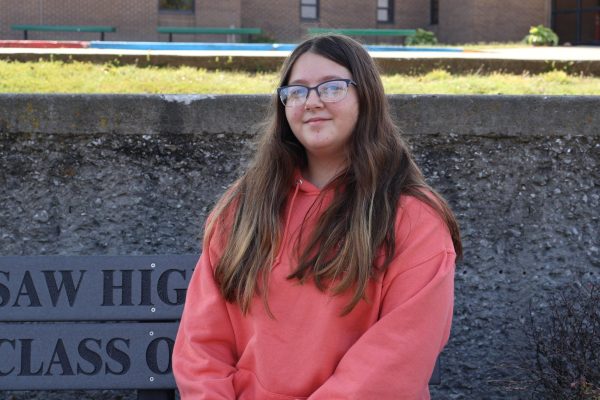Holiday season not so Holly Jolly for teens suffering from depression
Some teens describe the holiday season as a joyful time to celebrate with family and friends and give thanks for what they have. Others have different outlooks and perspectives. What if someone doesn’t have family or friends to celebrate with? What if nothing comes to mind when asked what they are thankful for?
These are small things that go unnoticed throughout the holiday season. Mental health has become a hot topic among teens and, in recent years, has been a topic teens are more willing to speak about. According to the World Health Organization Mental health conditions account for 16% of the global burden of disease and injury in people aged 10-19 years. Although mental health awareness has just recently been highlighted in social media, that doesn’t mean it is and hasn’t always been a very real thing.
During this time of year, seasonal depression is a common condition that hits some harder than others depending on the person. Mayoclinic.org explains that seasonal depression is also known as Seasonal Affective Disorder (SAD) and is a subtype of depression or bipolar disorder that occurs and ends at the same time every year. With the holidays being tied in with the cold weather, it seems to be a bit of a double whammy for some teens; don’t forget about the global pandemic we have found ourselves in this year. Whether people will follow CDC guidelines for the holidays or not, we have been recommended to stay in smaller groups and not risk our elderly loved ones safety. This puts a huge downer on the holiday season for those who do have a big family that they look forward to seeing. For some, this may be the only time of the year they get to see these family members. For others, this may be the only year they have.
The best piece of advice would be to try thinking positive and stay kind to others. You never know what someone is going through in these stressful times. Medicalnewstoday.com suggests some ways of coping with Seasonal Affective Disorder. Eating well, avoiding carbs, making an effort to stay active, and don’t give into reclusiveness. Although this may be difficult to socialize and also social distance, Facetime and texting are great alternatives. This is important to remember throughout the whole year, but we are reminded of this throughout the holidays.

Senior Rheanna Coke has been dedicated to journalism for her entire high school career. She is in her fourth year of journalism. Her freshman year, she...







